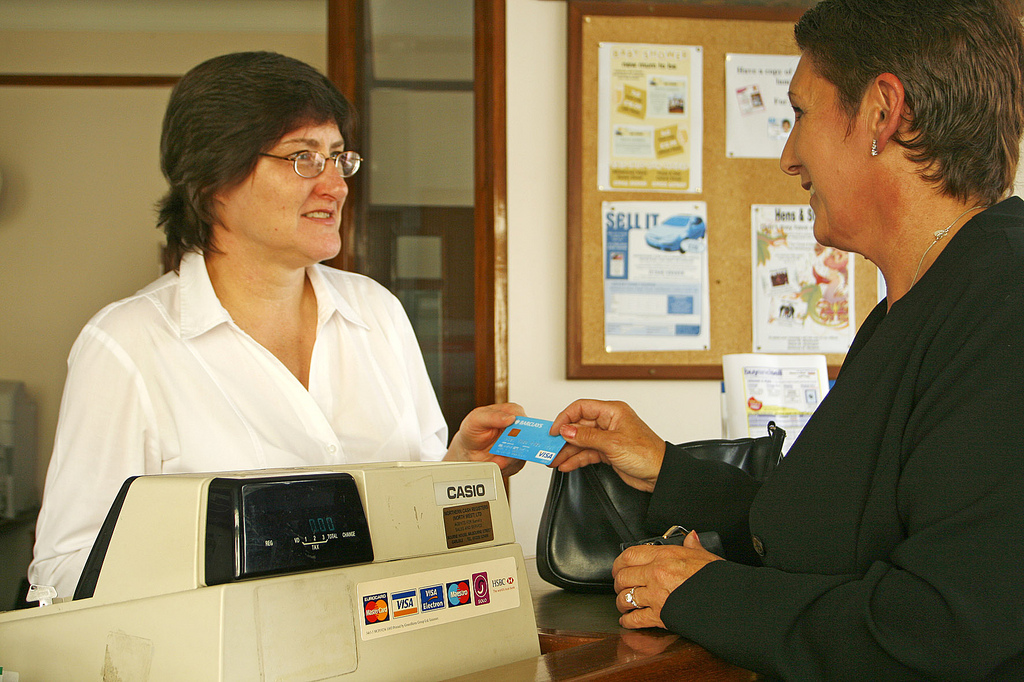The Letter of Intent has been signed by both buyer and seller and everything seems to be moving along just fine. It would seem that the deal is almost done. However, the due diligence process must now be completed. Due diligence is the process in which the buyer really decides to go forward with the deal, or, depending on what is discovered, to renegotiate the price – or even to withdraw from the deal. So, the deal may seem to be almost done, but it really isn’t – yet!
It is important that both sides to the transaction understand just what is going to take place in the due diligence process. The importance of the due diligence process cannot be underestimated. Stanley Foster Reed in his book, The Art of M&A, wrote, “The basic function of due diligence is to assess the benefits and liabilities of a proposed acquisition by inquiring into all relevant aspects of the past, present, and predictable future of the business to be purchased.â€
Prior to the due diligence process, buyers should assemble their experts to assist in this phase. These might include appraisers, accountants, lawyers, environmental experts, marketing personnel, etc. Many buyers fail to add an operational person familiar with the type of business under consideration. The legal and accounting side may be fine, but a good fix on the operations themselves is very important as a part of the due diligence process. After all, this is what the buyer is really buying.
Since the due diligence phase does involve both buyer and seller, here is a brief checklist of some of the main items for both parties to consider.
Industry Structure
Figure the percentage of sales by product line, review pricing policies, consider discount structure and product warranties; and if possible check against industry guidelines.
Human Resources
Review names, positions and responsibilities of the key management staff. Also, check the relationships, if appropriate, with labor, employee turnover, and incentive and bonus arrangements.
Marketing
Get a list of the major customers and arrive at a sales breakdown by region, and country, if exporting. Compare the company’s market share to the competition, if possible.
Operations
Review the current financial statements and compare to the budget. Check the incoming sales, analyze the backlog and the prospects for future sales.
Balance Sheet
Accounts receivables should be checked for aging, who’s paying and who isn’t, bad debt and the reserves. Inventory should be checked for work-in-process, finished goods along with turnover, non-usable inventory and the policy for returns and/or write-offs.
Environmental Issues
This is a new but quite complicated process. Ground contamination, ground water, lead paint and asbestos issues are all reasons for deals not closing, or at best not closing in a timely manner.
Manufacturing
This is where an operational expert can be invaluable. Does the facility work efficiently? How old and serviceable is the machinery and equipment? Is the technology still current? What is it really worth? Other areas, such as the manufacturing time by product, outsourcing in place, key suppliers – all of these should be checked.
Trademarks, Patents & Copyrights
Are these intangible assets transferable, and whose name are they in. If they are in an individual name – can they be transferred to the buyer? In today’s business world where intangible assets may be the backbone of the company, the deal is generally based on the satisfactory transfer of these assets.
Due diligence can determine whether the buyer goes through with the deal or begins a new round of negotiations. By completing the due diligence process, the buyer process insures, as far as possible, that the buyer is getting what he or she bargained for. The executed Letter of Intent is, in many ways, just the beginning.
Buying a Business – Some Key Consideration
- What’s for sale? What’s not for sale? Is real estate included? Is some of the machinery and/or equipment leased?
- Is there anything proprietary such as patents, copyrights or trademarks?
- Are there any barriers of entry? Is it capital, labor, intellectual property, personal relationships, location – or what?
- What is the company’s competitive advantage – special niche, great marketing, state-of-the-art manufacturing capability, well-known brands, etc.?
- Are there any assets not generating income and can they be sold?
- Are agreements in place with key employees and if not – why not?
- How can the business grow? Or, can it grow?
- Is the business dependent on the owner? Is there any depth to the management team?
- How is the financial reporting handled? Is it sufficient for the business? How does management utilize it?






